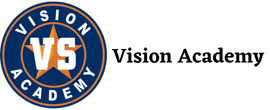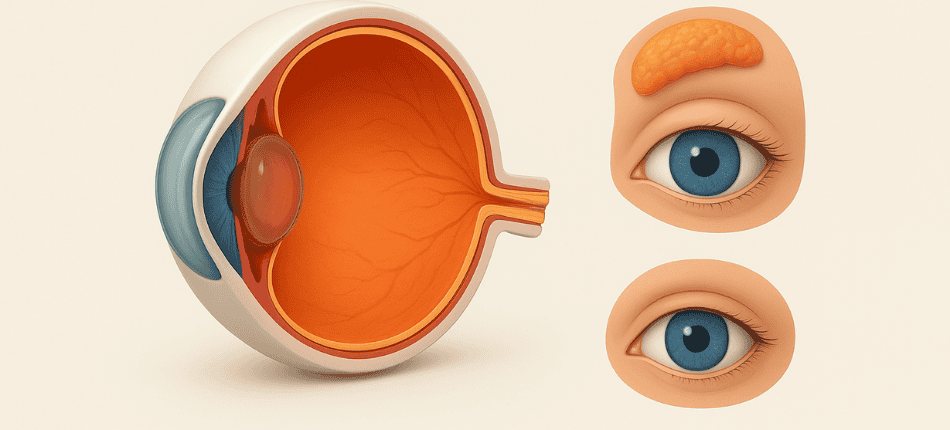Ocular Anatomy and Physiology Course at Vision Science Academy
Ocular Anatomy and Physiology Course at Vision Science Academy – Build a Strong Foundation in Vision Science
The study of the human eye is one of the most fascinating and essential areas in optometry and vision science. To diagnose, manage, and treat eye conditions effectively, students must develop a deep understanding of how the eye is structured and how it functions.
The Ocular Anatomy and Physiology Course at Vision Science Academy is designed to provide this exact foundation—combining scientific knowledge, modern learning tools, and practical understanding to prepare students for advanced clinical or research-based careers.
This SEO-optimized blog explores the highlights, curriculum, benefits, and career impact of this course.
⭐ What Is the Ocular Anatomy and Physiology Course About?
Ocular Anatomy and Physiology focuses on:
-
How each part functions
-
Visual processing mechanisms
-
The connection between the eye and the brain
This course helps students understand normal eye function, which is essential before learning about eye diseases, diagnostics, and treatment.
️ Key Topics Covered in the Course
The Vision Science Academy offers a comprehensive curriculum that covers all crucial components of the human visual system.
1. External Eye Anatomy
Students learn about protective and supportive structures such as:
-
Eyelids
-
Eyelashes
-
Conjunctiva
-
Lacrimal system (tear glands)
2. Anterior Segment Anatomy
Detailed study of:
-
Cornea
-
Iris
-
Pupil
-
Aqueous humor
These structures play a major role in vision clarity and light regulation.
3. Lens and Accommodation
Understanding how the lens focuses light and adapts for near and far vision.
4. Retina and Photoreceptors
One of the most critical sections of the course, covering:
-
Rods and cones
-
Macula
-
Fovea
-
Optic nerve head
Students explore how the retina converts light into neural signals.
5. Posterior Segment Structures
Including:
-
Choroid
-
Vitreous body
-
Optic nerve
6. Extraocular Muscles
Learning how eye movements and coordination work through six major muscles.
7. Physiology of Vision
Students explore important visual processes:
-
Light perception
-
Color vision
-
Visual pathways
-
Pupillary reflex
-
Tear film physiology
Why Choose Vision Science Academy for This Course?
Vision Science Academy stands out due to its modern teaching methods and clinically relevant approach.
Key Benefits of the Course:
-
Expert-led sessions by experienced optometrists and vision scientists
-
3D visual models and anatomical simulations for enhanced understanding
-
Research-driven curriculum aligned with global optometry standards
-
Case-based learning to build diagnostic thinking
-
Flexible learning format, accessible for students and professionals
The course is ideal for:
-
Optometry students
-
Eye-care professionals
-
Vision science beginners
-
Researchers in ocular health
⚕️ Career Benefits of Learning Ocular Anatomy and Physiology
A strong foundation in ocular anatomy and physiology is essential for roles such as:
-
Optometrist
-
Ophthalmic assistant
-
Clinical optician
-
Vision therapist
-
Ocular imaging technician
-
Contact lens specialist
-
Eye-care researcher
It also supports further specialization in:
-
Ocular disease
-
Pediatric optometry
-
Low vision rehabilitation
-
Orthoptics
-
Vision therapy
Conclusion
The Ocular Anatomy and Physiology Course at Vision Science Academy is designed to help students master the foundational knowledge required for a successful career in optometry and vision sciences. With expert guidance, interactive learning tools, and a well-structured curriculum, this course empowers future professionals to confidently understand the human eye and its complex functions.
Ocular Anatomy and Physiology Course at Vision Science Academy Ocular Anatomy and Physiology Course at Vision Science Academy Ocular Anatomy and Physiology Course at Vision Science Academy Ocular Anatomy and Physiology Course at Vision Science Academy Ocular Anatomy and Physiology Course at Vision Science Academy Ocular Anatomy and Physiology Course at Vision Science Academy Ocular Anatomy and Physiology Course at Vision Science Academy

